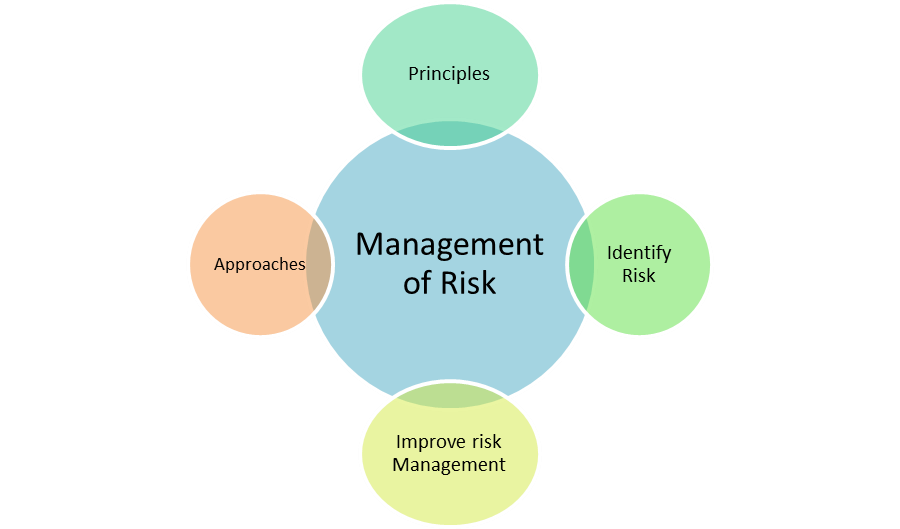Manchester (fortified town) is a city in Greater Manchester, England, with a population of 530,300 (in 2015). It lies within the United Kingdom's second most populous urban area, with a population of 2.55 million. Manchester is bordered by the Cheshire Plain to the south, the Pennines to the north and east. The local authority is Manchester City Council.
Manchester began with the civilian settlement associated with the Roman fort of Mamucium or Mancunium in about AD 79. It is aid to have been located on a sandstone bluff near the confluence of the rivers Medlock and Irwell. Historically a part of Lancashire, areas of Cheshire south of the River Mersey were incorporated in the 20th century. Throughout the Middle Ages Manchester remained a manorial township. It began to expand "at an astonishing rate" only around the turn of the 19th century. Manchester's unplanned urbanisation came due to a boom in textile manufacture . This and resulted in Manchester becoming the world's first industrialised city.
Manchester achieved city status in 1853. The Manchester Ship Canal opened in 1894, creating the Port of Manchester and linking the place to the sea, 36 miles (58 km) to the west. Its fortunes declined after the Second World War, but the IRA bombing in 1996 led to extensive investment and regeneration.
In 2014, Manchester was ranked as a beta world city, the highest-ranked British city apart from London.
Economy
The economy grew relatively strongly between 2002 and 2012, where growth was 2.3% above the national average. With a GDP of $88.3bn (2012 est., PPP) the wider urban economy is the third-largest in the United Kingdom. In 2012 it showed the strongest annual growth in business stock (5%) of all the Core Cities.
Landmarks
Manchester's buildings display a variety of architectural styles, ranging from Victorian to contemporary architecture. Manchester is home to a number of skyscraperswith the tallest being the Beetham Tower was completed in 2006. Outside London it has been described as the United Kingdom's only real skyscraper outside the capital. The award-winning Heaton Park is one of the largest municipal parks in Europe. The city has 135 parks, gardens, and open spaces.
Two large squares hold many of Manchester's public monuments. Albert Square and the Picaddily Gardens have monuments to various prominent personalities.
Sport
Manchester is well known for being a city of sport. Two decorated Premier League football clubs bear the city name – Manchester United and Manchester City. Manchester United plays its home games at Old Trafford. Manchester City's home ground is the City of Manchester Stadium . The City of Manchester Stadium was initially built as the main athletics stadium for the 2002 Commonwealth Games. It was subsequently reconfigured into a football stadium before Manchester City's arrival. Manchester has hosted football competitions at all levels at the Fallowfield Stadium. The City of Manchester Stadium has also seen many international games being played. The city has hosted almost all the major football competions.

 ENQUIRE
ENQUIRE
 REQUEST CALLBACK
REQUEST CALLBACK
 GET A FREE QUOTE
GET A FREE QUOTE


 Introduction
Introduction Course Details
Course Details Course Content
Course Content






 London
London